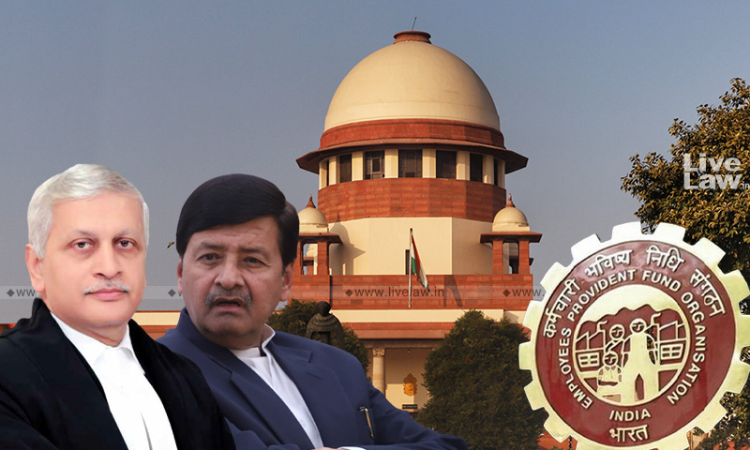EPF Pension Case: Supreme Court To Consider If Reference To Larger Bench Is Needed In View Of 'RC Gupta' Decision
Srishti Ojha
18 Aug 2021 7:03 PM IST

The bench said that it was of the prima facie view that EPFO has made out a case.
Next Story
18 Aug 2021 7:03 PM IST
